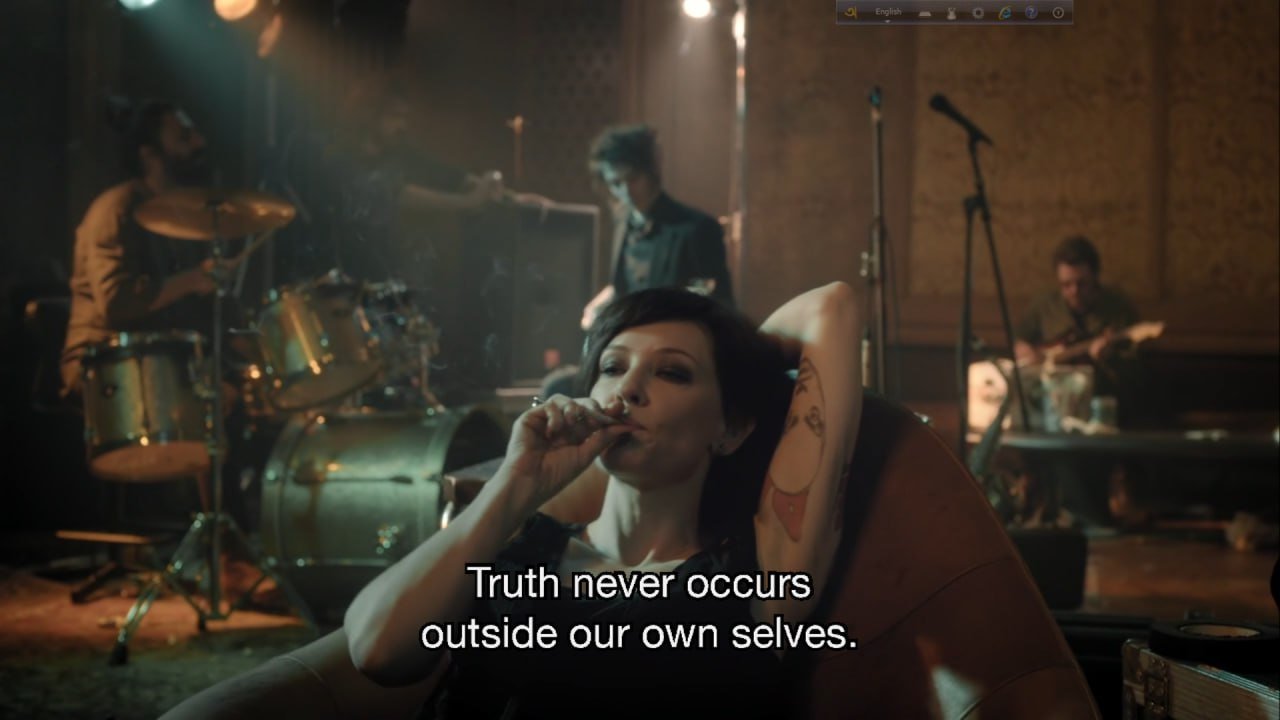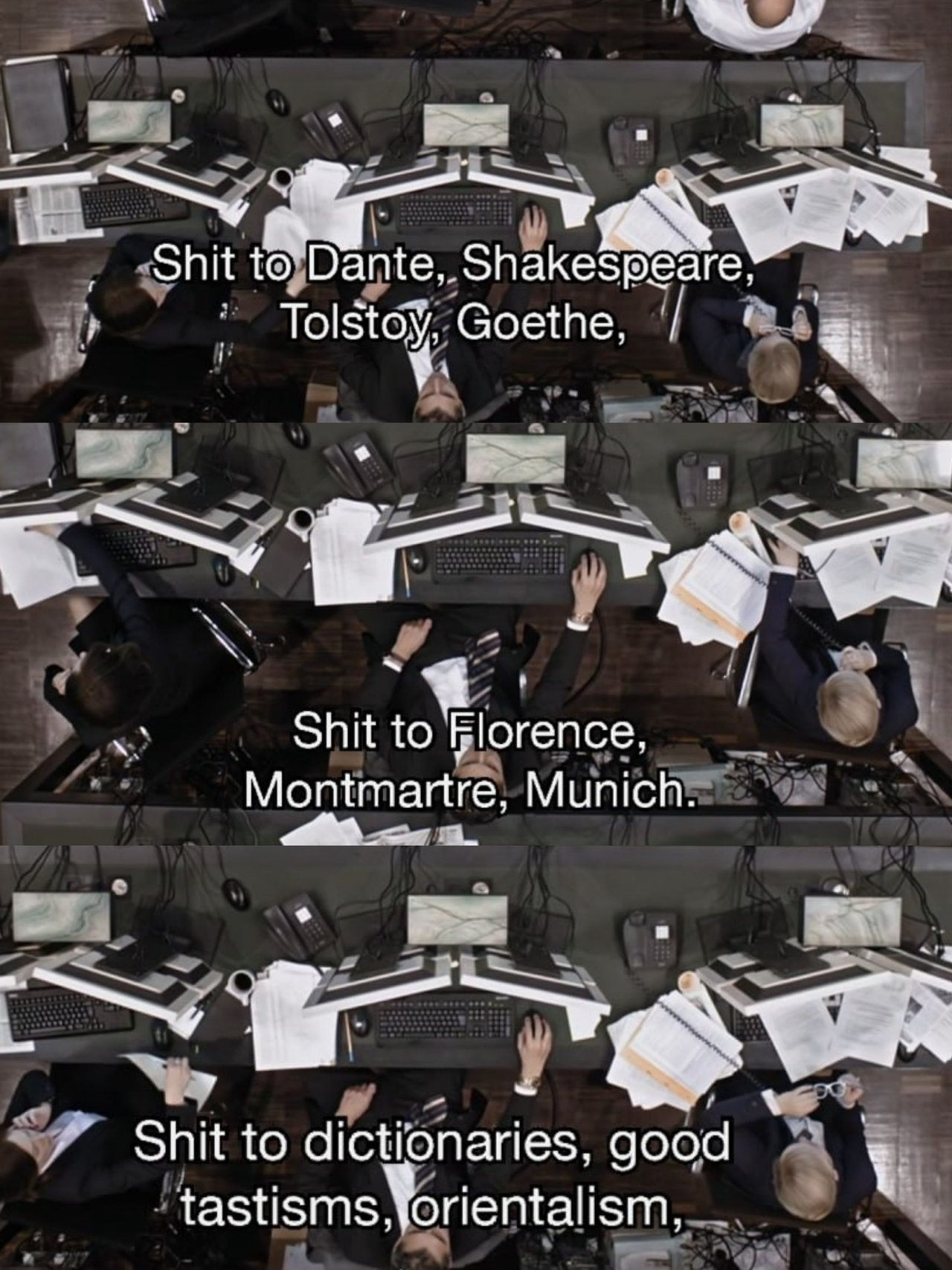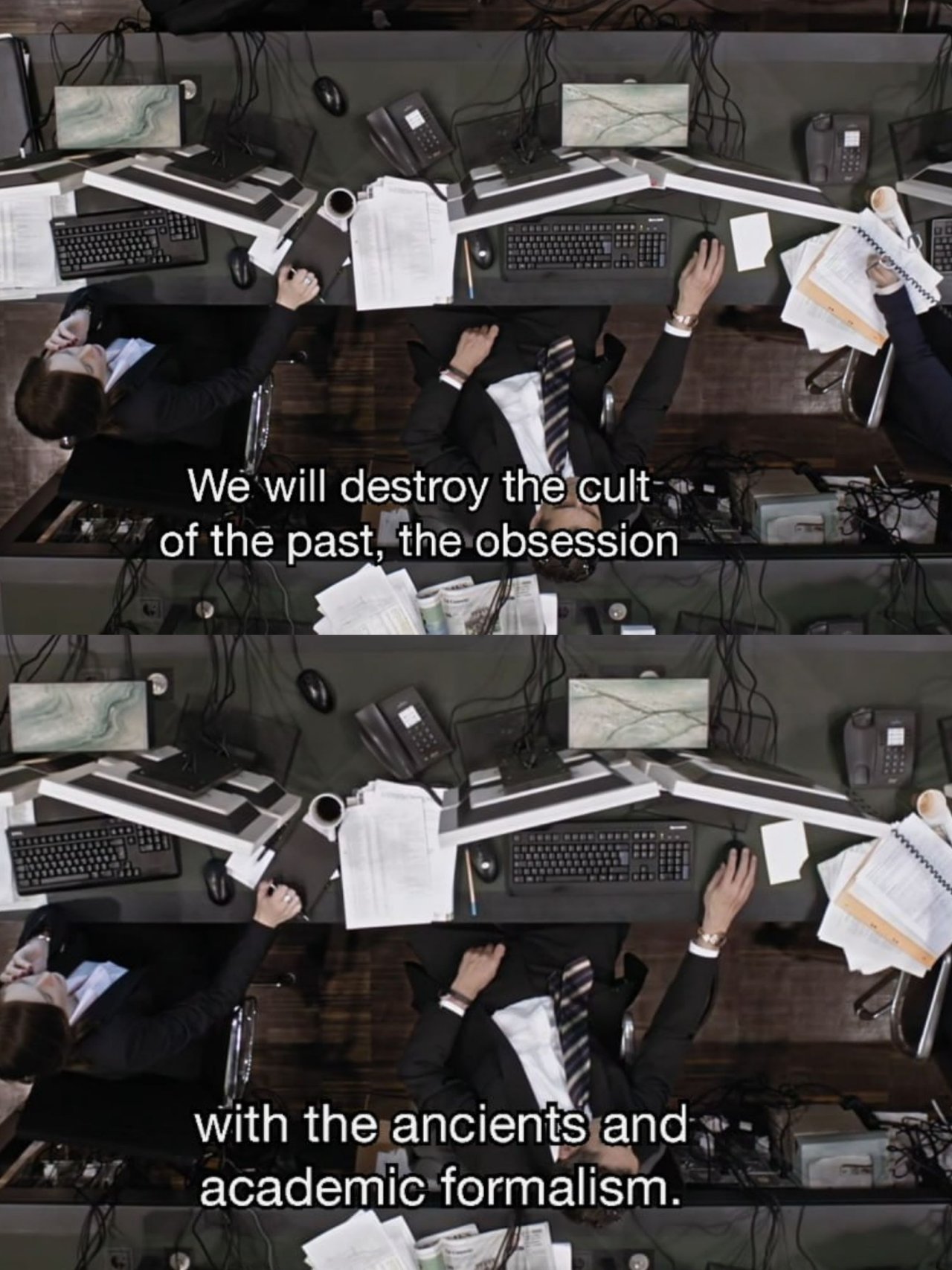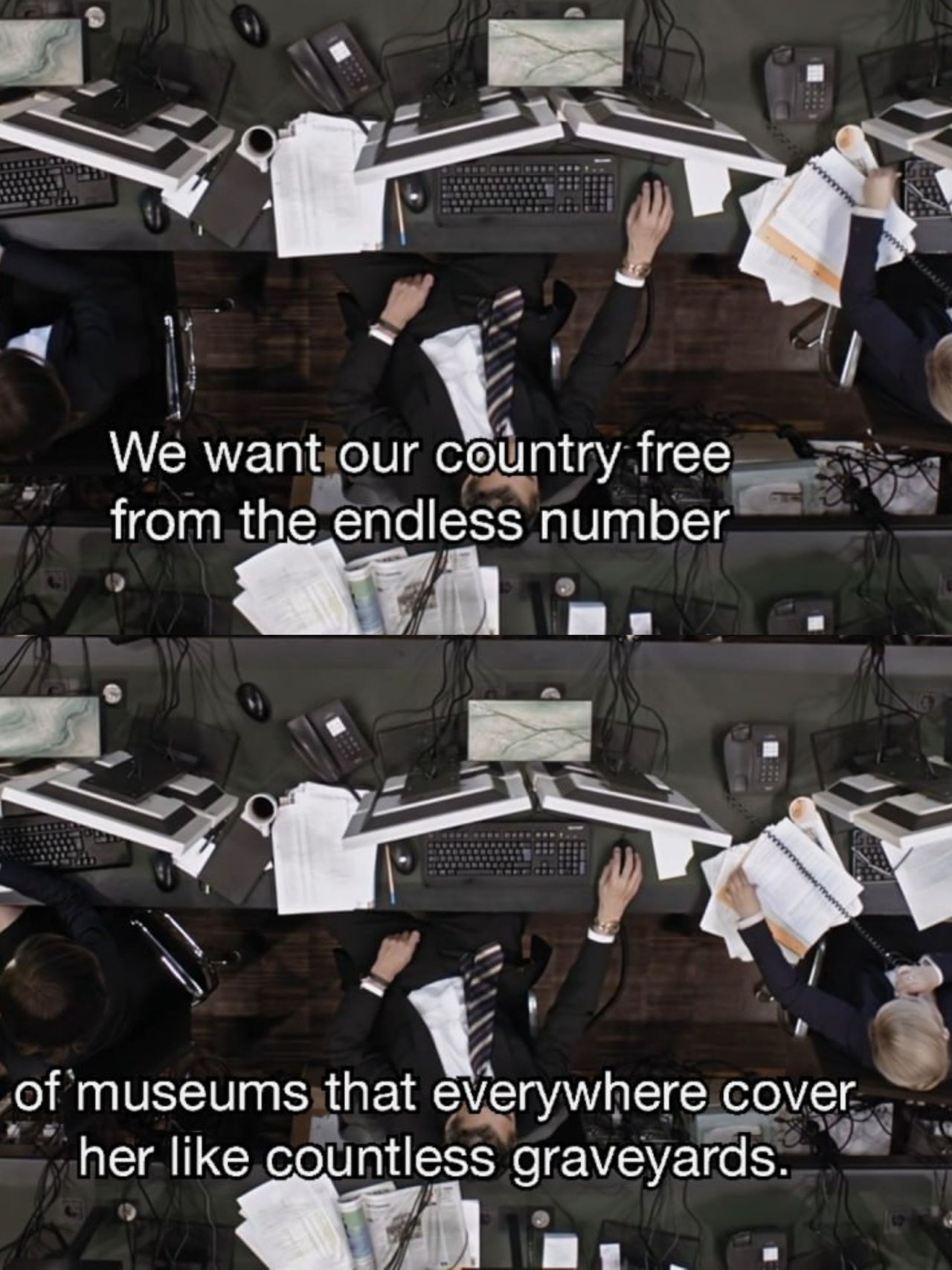Due to my client’s unpredictable schedule, I do not have a predictable rush hour either.
One minute it’s relaxing and on the next minute, my keyboard storms, khata-khat, khata-khat...non stop. That sound of keyboard has become a music to me these days!
So, during the down time I read. Fortunately, we cannot take a single thing inside our office except us and our clothes due to high security and to avoid technical glitch as the instruments ar highly functional things.
However, so when my client is not busy, so am I, but unlike her, I cannot roam around as I please and have to be ready all the time, staying connected.
Hence, thanks to that I have been reading a lot these days, managed to get some old, ragged PDF files (only accessible thing from work station).
Including to that, have been thinking and writing quite a lot, instead of being bored and going in and out multiple times to sneak peek into phones or stuffs.
One common criticism about Existentialism (per wikipedia) is that “The emphasis on individual freedom and the rejection of absolutes in existentialism tends to undermine ethics; by suggesting that everyday life is 'absurd' and by denying the existence of fixed, binding principles for evaluating our actions.”
Controversy of Existentialism: Imposed vs liberty to choose
Then again, existentialism simply defines life as “Humans have free choices, and because of those free choices, we can create purpose and meaning into our lives, as we desire". Existential theory suggests that "we have a choice of what or who we desire to be.” That we are not bound to abide by the imposed ideology or preset of judgment of other people.
In brief, they believe in “having the right to make a choice in accordance with their own will”.
Or to be more precise, thou religion is thou judgment.
Now you can perhaps ask questions about two aspects here. The ‘limit’ and the ‘ethics’ of their judgment. As in, what it is the limitation of that self-justified notion, and who will decide what ethical boundary we must adhere to.
You may imply, their judgments are too far fetched, selfish, or lack of ethical views and moral principles.
And that, it is a luxurious term for shallow escapism and nothing else.
Nonetheless, who dares to draw a line between moral or immoral, limit and ulimit?
How could you assert with utmost certainty that your moral judgments are right and vice versa. We have the inclination to lean on the philosophical theories and ideologies, which our ancestors have pestered in Papyrus centuries ago.
We hardly ever reasoning what we should do with this!
We are lazy, categorized, prone to be devided, labelled regardless its' aestheticism or artistic nature.
Gradually by the advancements of the era, just like it was a predicament, we have been becoming weak men of this strong society.
At least I believe, whatever has the philosophers have invented or discovered for their predecessors, are not something they were wish to bound or limit the boundaries of their descendants, their notion or thought process, only to solely rely on their doctrine, but rather they wanted to derive us to a door, through the door to seek and search for more, to think further, and never to adapt and obey as inheritances.
Indeed, it is undoubted that when philosophers redact something for the future, they are wise enough to enhance the space for acceptance of their highest imagination of human thinking capability, so that, when the era changes and humans evolve they can at least correlate and recreate.
Anyway, let us not be swayed from the topic. Philosophers came in the context where people have developed a tendency to make an attempt of validating everything that contradicts their perspectives or individual beliefs. Needless to mention, there is a thin border line, or let’s say there are some contexts of ‘appropriate judgment’, where there is no place for choosing left or right, or a scope of being biased.
However, one cannot just attempt to outwit every other thing as taking advantage of existentialism.
Insead of jargoning the concept, let us be enlightened through the comparison from the real life context. The very common themes can be-
- Inherited responsibilities,
- Marriage for the sake of expansion and reproduction
- Belief in God(s),
- Adhering to one's own religion regardless of acceptance,
- The imposed notion of art, aestheticism, elitism and so on...
Think mortals, think!
And here's some materials to intrigue, trudge, cavort.
And tell me, tell me what did you find...




The screenshots are from the film "Manifesto"
- Get link
- X
- Other Apps
- Get link
- X
- Other Apps
Comments
Post a Comment